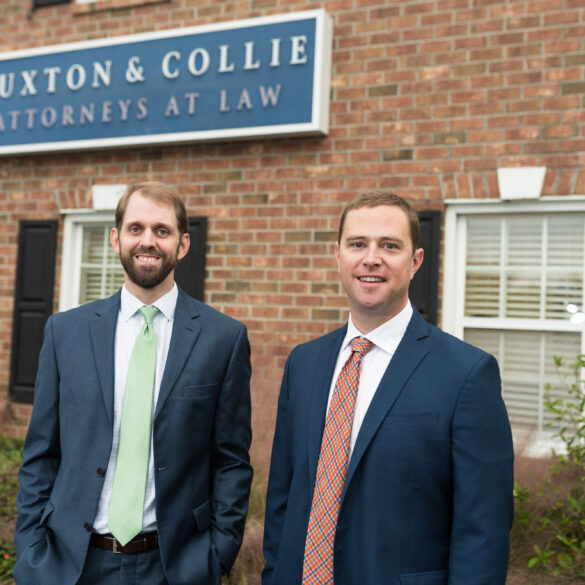
The South Carolina Supreme Court recently ruled that a right of first refusal (ROFR) in a lease was unenforceable because it was an unreasonable restraint on the ability to sell the property. In Clark v. Fine Housing, the issue involved two strip clubs, across the street from one another. The owners of Club A entered into a recorded lease with the owners of Club B, allowing Club A to use half of the parking spaces located on Club B’s property. The parking lot lease included a ROFR which simply stated, “Lessor grants the Lessee the right of first refusal should it wish to sell.”
The owners of Club B sold their property, and the owners of Club A brought an action to enforce their ROFR. The Supreme Court held that the ROFR was unenforceable. In deciding that it was “unreasonable,” the Court noted:
The big takeaway here is that a ROFR needs to clearly identify the property it encumbers, and it should contain a reference to price. The ROFR should also outline when the clock starts ticking for enforcement, and other procedural items. A generic ROFR, such as the one in Clark can be considered unreasonable, and therefore, unenforceable.
Our commercial real estate and business law attorneys can help you with your next commercial lease negotiation or contract dispute. Brian Collie and Michael Allen lead in this space, with a combined 29 years of experience in the real estate industry. They regularly counsel clients on ROFR language that fits within this recent ruling. Start here to contact us in the early stages of your next transaction, so we can help you achieve success.